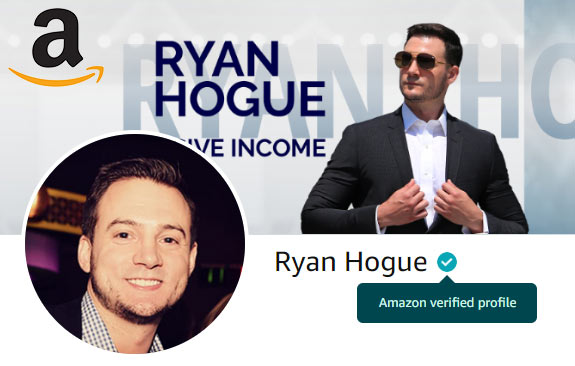When I was learning how to sell on Amazon FBA, I spent MONTHS in the product research phase.
Not out of necessity... I did it because I convinced myself that there was a magical "untapped niche" that I could find.
In reality, the perfect "high demand / low competition" probably DOES exist, but the likelihood of you or I finding it is extremely low.
Not to mention: things change extremely fast on Amazon's marketplace.
What might be the most qualified, best kept secret niche today may (& likely will) change over the new few months.
That said, you probably get the gist of how I feel about spending over 2 months in the product research phase.
Years later, I've got plenty of experience conducting product research & validation, and in this video I do my best to fine a quality Amazon product in as little time a possible.
Amazon Product Research Tools Used
Paid product research tools help expedite the research process by quite a bit.
So if I'm under the gun, trying to find a product as quickly as possible... it shouldn't come as a surprise that I chose to use multiple to expedite the process.
Here's a few of them that I used in the video.
AMZScout Pro

I've always been a fan of AMZScout - I have been using their FBA Calculator Chrome Extension for years for my product validation when crunching the financials.
They also have a second Chrome extension that walks you through the Amazon product research process by attempting to algorithmically determine the demand of a niche, as well as the competition.

* click to expand
Ultimately, they provide us a niche score, on a scale of 1-10 that gives us a fast, high-level insight into a niche as a whole.
You don't even need to run the tool. Just perform a keyword search on Amazon and check the bottom left corner for the floating circle with a number in it

* click to expand
On top of that, they even have a Niche Idea" button!
They make it incredibly easy to conduct quick product research, as the tool not only generates ideas for you, but validates them as well!
If you're not using AMZ Scout Pro, check them out - they have a free trial w/ no credit card required!
Jungle Scout

I don't like to rely too heavily on any one tool, and since I'm locked in with lifetime access to the Jungle Scout Chrome Extension, there's no harm in spending an extra ~30 second to run it and have additional validation performed on a niche.
One thing I really love to use Jungle Scout for is running it on a single product page, to get the projections of daily/monthly sales velocity, monthly revenue, & an estimate of the net profit from each sale.

* click to expand
With this data, combined with the data from AMZ Scout Pro, we're starting to see how much promise a niche may hold.
When I'm not in a hurry, I'd spend much more time evaluating each competitor listing, and counting the overall competition selling the product as FBA to feel like I understand the niche as best as I can.
Alibaba
Hopefully the video isn't misleading - in it, I only quickly searched/glances at Alibaba to see if we could reliably find a manufacturer for certain products.

* click to expand
There's obviously much, much more to it than just that.
Now's probably a good time to mention that in Ryan's Method: Amazon FBA Course, I walk you through EVERYTHING needed to find, validate & source a winning FBA product, including templates for communicating & interviewing suppliers.
Enroll in Passive Income School Today »
You honestly can't really trust the prices when searching Alibaba at face value... even when filtering for Trade Assurance & Verified Suppliers.
What you can do is get an idea of the general price range & ensure that someone out there has a factory capable of producing the product you're interested in selling.
Sonar Tool
This is another favorite of mine, the free to use keyword research tool: sonar.

* click to expand
Simply seed it with an ASIN of a product, or keywords, and it will give you keyword suggestions that are driving conversions to that niche.
It's a massive help when you're writing copy for your product listings, & setting up your PPC campaigns.
Not only that, but it's worth understanding that your rank can change on different, related keywords.
Yesterday I was explaining this concept to someone on a consulting call.
I told him that his "primary keywords" for the custom card drinking game he created are most likely "Cards Drinking Game", but that he could rank higher or lower on similar, but different long-tail search terms like "Card Drinking Games For Adults".
If you're converting Amazon traffic into paid customers when they search for certain terms, you'll slowly but surely climb the ranks on them.
There may be residual effects on related terms, but trying to rank on less-competitive long-tail keywords is absolutely a keyword strategy worth considering, especially when launching a new product.


















